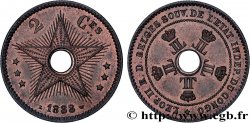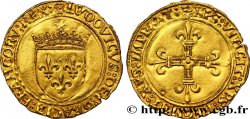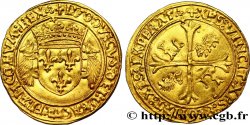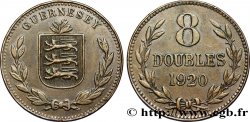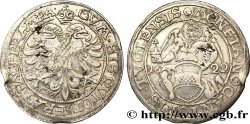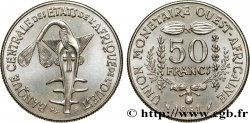E-auction 648-659887 - BELGIUM - CONGO FREE STATE 2 Centimes 1888 Bruxelles
You must signin and be an approved bidder to bid, LOGIN TO BID. Accounts are subject to approval and the approval process takes place within 48 hours. Do not wait until the day a sale closes to register. Clicking on « bid » constitutes acceptance of the terms of use of cgb.fr private e-auctions.
Bids must be placed in whole Euro amounts only. The sale will start closing at the time stated on the item description; any bids received at the site after the closing time will not be executed. Transmission times may vary and bids could be rejected if you wait until the last second. For further information ckeck the E-auctions F.A.Q.
NO BUYER'S FEE.
NO BUYER'S FEE.
Type : 2 Centimes
Date: 1888
Mint name / Town : Bruxelles
Metal : copper
Diameter : 23 mm
Orientation dies : 12 h.
Weight : 3,98 g.
Edge : striée
Coments on the condition:
Restes de brillant de frappe
Catalogue references :
Obverse
Obverse legend : LEOP.II R.D. BELGES SOUV. DE L’ETAT INDEP. DU CONGO.
Obverse description : cinq doubles L couronnés disposés autour du trou central.
Reverse
Reverse legend : 2 CES / 1888.
Reverse description : Etoile.
Commentary
De 1885 à 1908, l’État indépendant du Congo est en fait la propriété privée du roi Léopold II. L’exploitation forcée des populations indigènes et les exactions comises alertent l’opinion publique. La publication en 1904 du rapport accablant du diplomate britannique Robert Casement pousse le gouvernement belge à en faire une colonie..
From 1885 to 1908, the Congo Free State was effectively the private property of King Leopold II. The forced exploitation of the indigenous population and the atrocities committed alerted public opinion. The publication in 1904 of the damning report by British diplomat Robert Casement prompted the Belgian government to turn it into a colony.
From 1885 to 1908, the Congo Free State was effectively the private property of King Leopold II. The forced exploitation of the indigenous population and the atrocities committed alerted public opinion. The publication in 1904 of the damning report by British diplomat Robert Casement prompted the Belgian government to turn it into a colony.








 Report a mistake
Report a mistake Print the page
Print the page Share my selection
Share my selection Ask a question
Ask a question Consign / sell
Consign / sell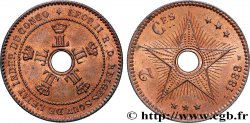
 Full data
Full data